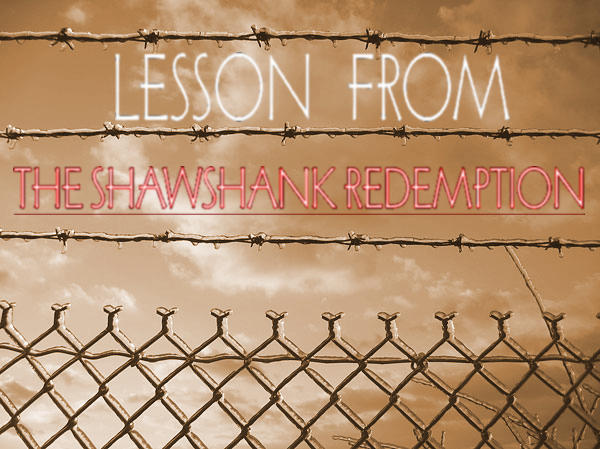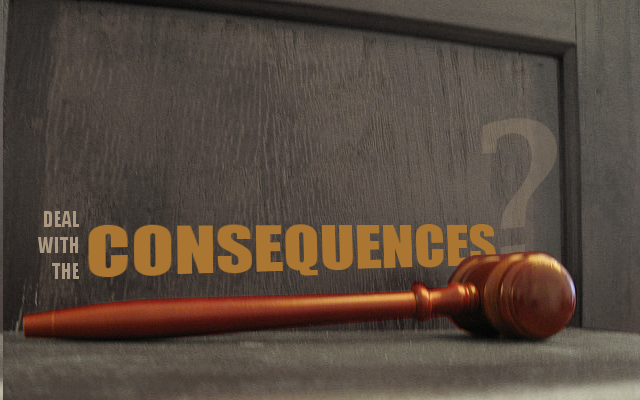I dislike gardening. I don’t even really enjoy having a garden. Somehow, we left our garden fairly (read: completely) unattended. The grass was about hip high a few weeks ago; when we finally got around to doing something about it. But the grass was too tall to use a mower on, and too wet to use a strimmer on (not that we have one anyway). So I went at it with shears and a rake. It was slow, not very pleasant, but little by little, the garden looked nicer. Yesterday, after a dry spell (finally!), the landlords came with strimmers and finished the job. Here’s what I got from the whole experience:

1. You can’t do anything without tools. If you don’t have anything sharp (ish), there is no way you can do anything. Equip yourself: read, listen, seek wisdom. But don’t do it on your own, because you won’t be able to be discerning enough. Without tools, all you’ll do is uproot handfuls of grass and end up with a patchy garden. Without spiritual tools, you’ll end up with disconnected islets of knowledge which won’t help you and quite frankly don’t look good at all.
2. There is no magic tool. I had never used a strimmer myself, but somehow, I imagined that it was just a matter of quickly moving the tool over the grass, and that it would be done in next to no time with strimmers. The landlords took over a full day to do it. Surrounding yourself with books that just sit on the shelves is useless. Reading a ton of blogs (this one included) without allowing them to affect you is useless. Butterflying between leaders is useless. Going to three different churches (something I used to do) is not helpful if you’re just listening. When you decide to use a tool, you need to know that you’re going to commit to it, and allow it to affect you.
3. “Not having the right tool” can be an excuse; as can the specific circumstances. Oh yes, it was too wet, and we did not have a strimmer. But that never meant we couldn’t use shears. I may not find myself in a place with the most helpful structures around me… but it does not mean that it allows me to just sit on my arse and do nothing. Wherever you are, make sure you’re not using lack of ressources as an excuse. Don’t even do it to talk about your past, lest you give people the impression that your excuses are valid excuses and use them themselves.
4. Tasks generally look daunting until you put yourself to them. This has been repeatedly true: when I started cutting the grass with the shears, it looked better, and a lot of groundwork could be achieved quickly. It was slow, yes, but I could see the progress, square foot by square foot. When I had to write a disseration, I did not know where to start and had empty page syndrome for a long time… until I just decided to give a go at writing. Sure, it wasn’t perfect, but little by little, the word count was reached, and then improvements were made upon what was there. So when you have a vision but do not feel it’s possible – still, give it a try. Little by little, you will get there.
5. If your work is not perfect, it can still be useful. Using shears to cut grass will never get it to a perfect green, but it did allow the landlords to use the mower directly onto this patch rather than using the strimmer. We live in communities. What you do will generally benefit someone – but you have to let other people pick it up. When you’re growing spiritually, you’re also helping others bounce off your growth. So keep on growing!
6. It wouldn’t have got to that stage if I had taken more care of it throughout the “summer” months (inverted commas necessary: this is, after all, England). Discipline is important as a frequent practice. Depending on the activity, different frequences are appropriate: I wouldn’t expect to mow the lawn daily; but finding the appropriate rhythm is key. For this blog, I’ve settled on weekly updates – and it does make writing easier to tackle. Reading the Bible can be a daily or a weekly activity – but once you found your rhythm, don’t slack, or you will find it harder to get back to it.
7. Cutting clutter allows more light to come through. Or maybe that’s just the sun that’s finally come out. But our living room is brighter. Similarly, with spiritual growth: you can’t just keep everything you believe.
8. Sometimes, the inspiration comes where you least expect it. I had the idea to use the shears whilst biking past people who were doing that to their own front lawn. Blog ideas can come from snippets of everyday life, as can spiritual growth. The important part is not to let that inspiration go unattended.
9. Boy, grass does grow quickly when there’s lots of rain and lots of sun! I could probably wrangle a way to tie that in with spiritual growth, but I’ll leave that to you: comment away!




